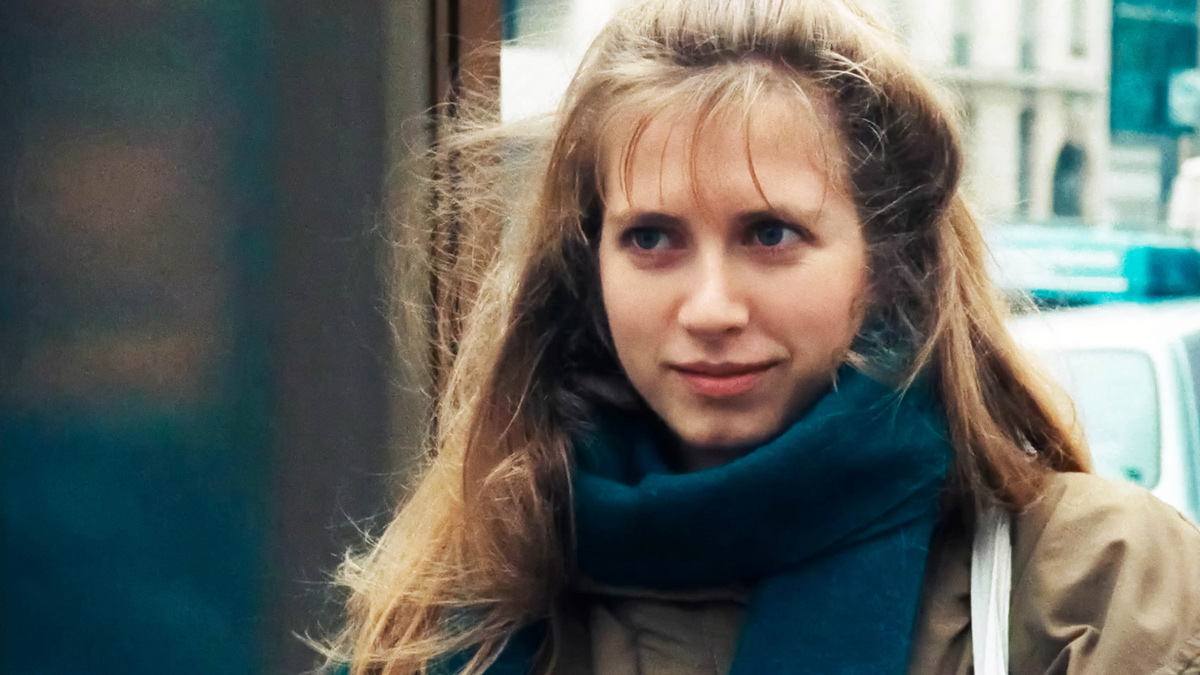2022.05.17
faith and chance
Félicie had no hesitation in giving birth to the daughter she had with Charles. It's not a religious belief in her words, but an inner belief. Felicie believes that one day she will be reunited with Charles. She may believe in the ``story'' of reuniting with Charles more than her own real life. It's like faith. Her real life is outside her, and the story is inside her. The absence of Charles, the object of her faith, strengthens her inner faith without her realizing it.
And even if people know in their heads the best solution, they don't necessarily choose it. It is also unclear whether what is considered the best option will benefit the individual. Therefore, Loïc's words, which are solidified in "outside knowledge" learned from books, do not resonate with Félicie. In fact, Loïc seems to be learning more from her. When Félicie tells him that in his past life, he wasn't her lover, but her younger brother, Loïc's expression shows not only loneliness and resignation, but also a kind of intimate peace.
In Félicie's words, she decided to live with Maxence in two seconds, and decided to break up in two seconds, so she returns to her parents' house and visits Loïc. A small fairy object was displayed on the wall of the room she shared with Maxence. The fairy decorations rhyme with the image of Félicie. Felicie moves around whimsically like a fairy. Still, she always acts faithfully to her inner beliefs. Félicie lives every moment like a poet. Both Loïc and his mother love her.
``We say hello completely naturally, as if Paris were a small village. That happens a lot in movies...It's not an improbability, it's a coincidence.'' (Eric Rohmer) )*2
The story begins to move as if Paris were a small village. I don't know if the ending of this work promises Félicie's future happiness. Maybe it's a fleeting happiness. However, the overflowing thoughts of Felicie, who lived each moment honestly, are transferred to the tears of the little girl, Eris, who witnessed the whole thing. The tears that Eris sheds are similar to the tears that statues shed. A hymn to the coincidences that only occur to those who continue to believe in the story. Félicie's story has been passed down into what can only be called Félicie's poetry.
*1 “The Taste of Beauty” (written by Eric Rohmer, translated by Yoichi Umemoto and Kiyoshi Takeda/Keiso Shobo)
*2 “Eric Rohmer Interviews” (edited by Fiona Hadyside)
Text: Daiji Miyashiro (maplecat-eve)
Movie criticism. Contributed reviews to ``Leos Carax: Movie Wanderer'', Eureka's ``Wes Anderson Special'', Real Sound, Soen, otocoto, Toshio Matsumoto Special Pamphlet, etc.
Pre-order “A Tale of Winter” now ↓
Director Eric Rohmer special screening: A Tale of the Four Seasons Digitally Remastered Version
Held at Human Truss Cinema Shibuya from May 13th (Friday) to June 2nd (Thursday)
©1991 Les Films du Losange


